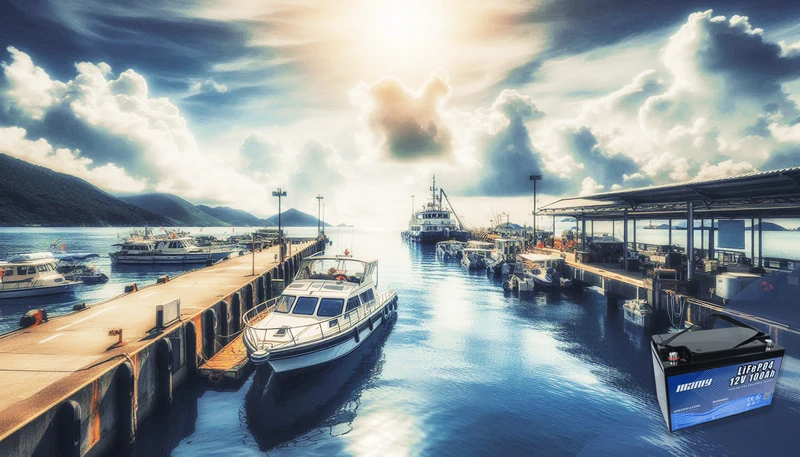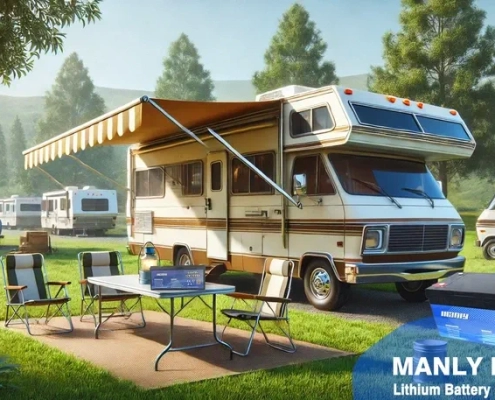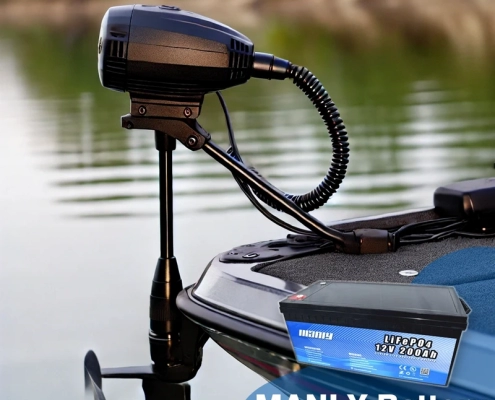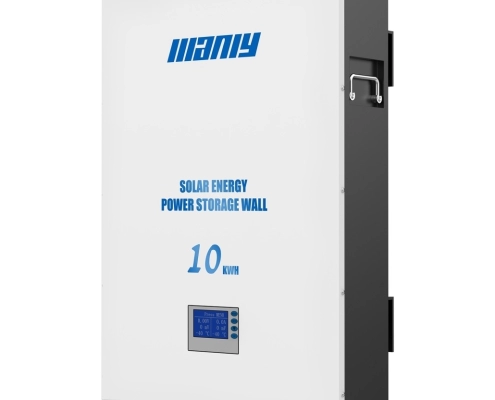Should You Run a Marine Radio on Deep Cycle Battery
Table of Contents
- Should You Run a Marine Radio on Deep Cycle Battery
- What is a Marine Radio?
- Understanding Marine Deep Cycle Battery
- Benefits of Using Deep Cycle Batteries for Marine Radios
- Factors to Consider Before Choosing a Marine Deep Cycle Battery
- Best Practices for Using Deep Cycle Batteries with Marine Radios
- Other Battery Options for Marine Radios
- Conclusion
- Learn More About Battery
Running a marine radio on a deep cycle battery is a practical and efficient option for boaters. These batteries are designed to provide a steady, long-lasting power supply, making them well-suited for marine electronics that require consistent energy over time. In this article, we’ll examine the advantages of using deep cycle batteries for marine radios, discuss their key features, and outline best practices to ensure optimal performance and reliability during your time on the water.
What is a Marine Radio?
A marine radio is a device specifically designed to function on water, providing vital communication between vessels and with shore-based stations. Whether you’re on a fishing trip or navigating through heavy weather, having a properly powered marine radio is critical for staying connected and ensuring safety at sea.
Marine radios come in a few different types, including:
- VHF Radios: Best for short-distance communication, commonly used for contacting nearby boats or ports.
- HF Radios: Suited for long-distance communication, essential for ocean voyages.
- DSC (Digital Selective Calling): A system that includes an emergency feature, allowing for quick distress calls.
Choosing the right battery to power your radio ensures continuous, reliable performance while you’re on the water.
Understanding Marine Deep Cycle Battery
A marine deep cycle battery is engineered to provide a steady amount of power over extended periods. Unlike traditional starting batteries, which give short bursts of high energy to start an engine, deep cycle batteries are designed to be discharged and recharged many times without losing capacity. This makes them ideal for powering electronics like marine radios that require a constant energy supply.
Characteristics of Deep Cycle Batteries:
- High Capacity: The power output, typically measured in amp-hours (Ah), determines how long the battery can run your marine radio before needing a recharge.
- Long Life: These batteries are built to handle repeated deep discharges and recharges, ensuring a longer lifespan than regular marine batteries.
While both traditional lead-acid batteries and modern lithium deep cycle batteries are suitable options, lithium batteries tend to offer more advantages due to their efficiency and lower maintenance needs.
Benefits of Using Deep Cycle Batteries for Marine Radios
Opting for a marine deep cycle battery to power your radio comes with a number of advantages. One of the most significant benefits is its ability to provide a consistent power supply over an extended period. This is especially important when you’re out on the water for long stretches and need to rely on your electronics without frequent recharges.
Some other advantages include:
- Sustained Power Supply: Deep cycle batteries can power marine radios for long hours or even days, depending on the model and usage.
- Durability: These batteries are designed to endure the challenges of marine environments, such as constant vibrations and exposure to moisture.
- Cost Efficiency: While the initial investment in a marine deep cycle battery may be higher, their long lifespan reduces the need for frequent replacements, saving money over time.
- Wide Compatibility: Deep cycle batteries, particularly lithium deep cycle batteries, are often compatible with a variety of marine devices, including radios, navigation systems, and lights.
Factors to Consider Before Choosing a Marine Deep Cycle Battery
While a marine deep cycle battery offers numerous benefits, it’s important to consider a few key factors before making your decision:
- Battery Capacity: Your battery’s capacity should meet the energy demands of your marine radio and any other devices connected to it. Choosing a battery with a lower capacity could result in frequent power shortages.
- Weight of the Battery: Some deep cycle batteries, especially lead-acid models, can be quite heavy. If your boat is sensitive to additional weight, you’ll need to choose a lighter option like a lithium deep cycle battery.
- Cost Considerations: While lithium marine batteries tend to cost more upfront, they offer better long-term value due to their extended lifespan and reduced maintenance.
- Maintenance Requirements: Lead-acid batteries require more maintenance, such as regularly adding water and cleaning terminals, whereas lithium batteries are generally maintenance-free.
By evaluating these factors, you can ensure that the marine deep cycle battery you select is the best fit for your boat’s needs.
Best Practices for Using Deep Cycle Batteries with Marine Radios
Once you’ve selected a marine deep cycle battery for your radio, it’s crucial to follow certain practices to maximize its performance and longevity. Proper maintenance and care can help your battery last longer and ensure that your radio functions reliably every time you go out on the water.
Here are some best practices to follow:
- Battery Maintenance: If you’re using a traditional lead-acid battery, be sure to clean the terminals regularly to prevent corrosion. For lithium batteries, maintenance is minimal but still includes occasional checks to ensure proper connections.
- Use the Correct Charger: Always use a charger that’s designed specifically for your battery type. Overcharging can damage certain battery types, like AGM or gel models.
- Store Properly: When not in use, keep your battery on a battery maintainer to prevent it from losing its charge. This is particularly important during off-season storage.
- Avoid Full Discharges: While deep cycle batteries are built to handle deep discharges, it’s best to avoid draining them completely whenever possible, as this can reduce their lifespan.
Other Battery Options for Marine Radios
While a marine deep cycle battery is often the go-to choice for powering marine radios, it’s not the only option available. Depending on your specific needs, you might want to consider these alternatives:
- Lithium Batteries: These are often considered the best option for those who prioritize weight and efficiency. A marine lithium battery is significantly lighter than a lead-acid battery, charges faster, and lasts longer. The only downside is the higher upfront cost.
- AGM Batteries: These batteries are spill-proof and maintenance-free, making them a convenient option. They can be installed in various orientations, making them ideal for smaller spaces. However, they tend to be more expensive and can be damaged by overcharging.
- Dual Purpose Marine Battery: A dual purpose marine battery combines the features of a deep cycle and a starting battery. While it doesn’t perform as well as a dedicated deep cycle battery in sustained energy output, it’s a good option if you need a battery that can both start your engine and power your electronics.
Conclusion
Powering your marine radio with the right battery is essential for maintaining reliable communication on the water. A marine deep cycle battery provides the consistent, long-lasting power needed for marine electronics, making it the top choice for most boaters. By understanding the benefits and best practices for using these batteries, you can ensure that your radio operates smoothly, keeping you safe and connected during your time on the water. Whether you choose a traditional lead-acid battery or a more advanced lithium deep cycle battery, taking proper care of your battery will maximize its lifespan and performance.






